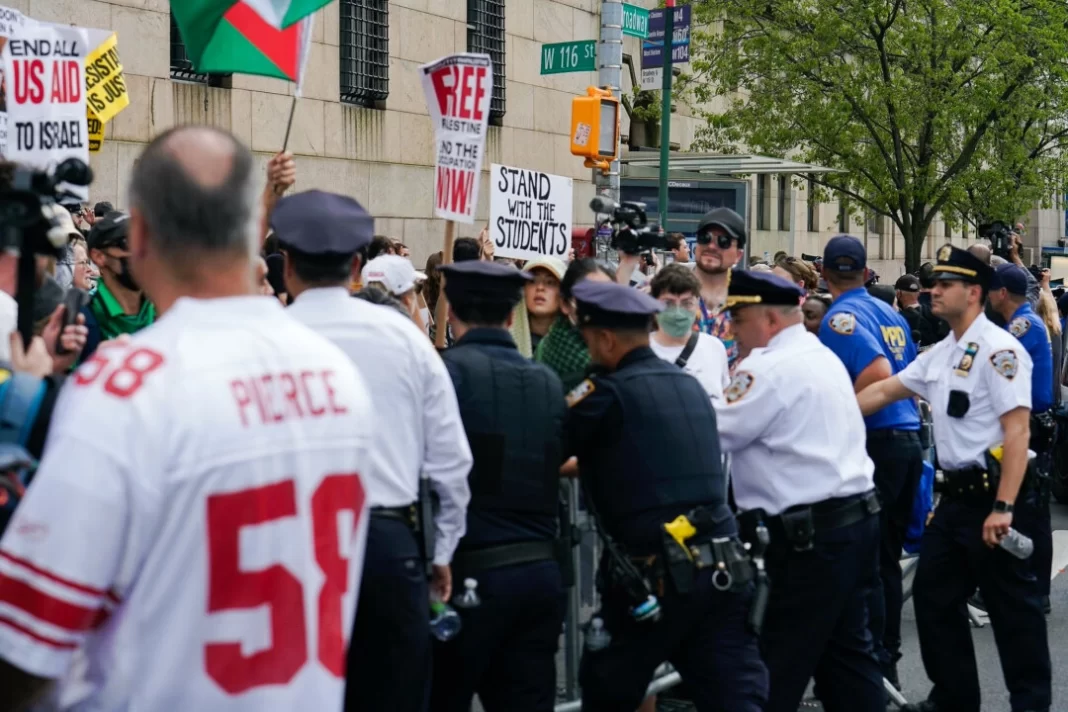The agency conducts thousands of inspections outside the United States each year, but many are told ahead of time.
The U.S. Food and Drug Administration (FDA) will be conducting more unannounced inspections at facilities outside the country, the agency announced on May 6.
The FDA conducts about 3,000 inspections of foreign facilities each year, but many facility operators are informed of the inspections weeks or even months ahead of time.
“For too long, foreign companies have enjoyed a double standard—given advanced notice before facility inspections, while American manufacturers are held to rigorous standards with no such warning,” Dr. Marty Makary, the FDA’s commissioner, said in a statement. “That ends today.”
The FDA said it intends to expand unannounced inspections at facilities that manufacture a range of goods, including food and medicine. According to the FDA, the expansion will “help expose bad actors—those who falsify records or conceal violations—before they can put American lives at risk. ”
The move builds on an FDA pilot program that tested more unannounced inspections in China and India.
Some U.S. lawmakers, including Sens. Rick Scott (R-Fla.) and Jim Justice (R-W.Va.), had recently asked the FDA to conduct more unannounced inspections.
Investigators with the FDA previously told the Government Accountability Office that the downsides of letting facilities know before inspections are conducted include giving them time to clean up and implement new operating procedures. Twelve of the 18 inspectors who spoke to the office said that unannounced inspections are generally better.
The office recommended that the FDA increase the number of inspections of foreign facilities in 2008 and found that the FDA was conducting many more domestic inspections than foreign inspections in 2010. In 2016, the office said the FDA had increased the number of foreign inspections, but that many facilities manufacturing drugs that enter the United States were never inspected.
The FDA suspended virtually all foreign inspections after the COVID-19 pandemic started, although it later resumed the work.
Dr. Janet Woodcock, a former FDA official, told lawmakers in 2019, before the pandemic started, that the FDA typically gives notice for foreign inspections because of logistics such as securing visas, “and partly because of the high costs of conducting foreign inspections.”







